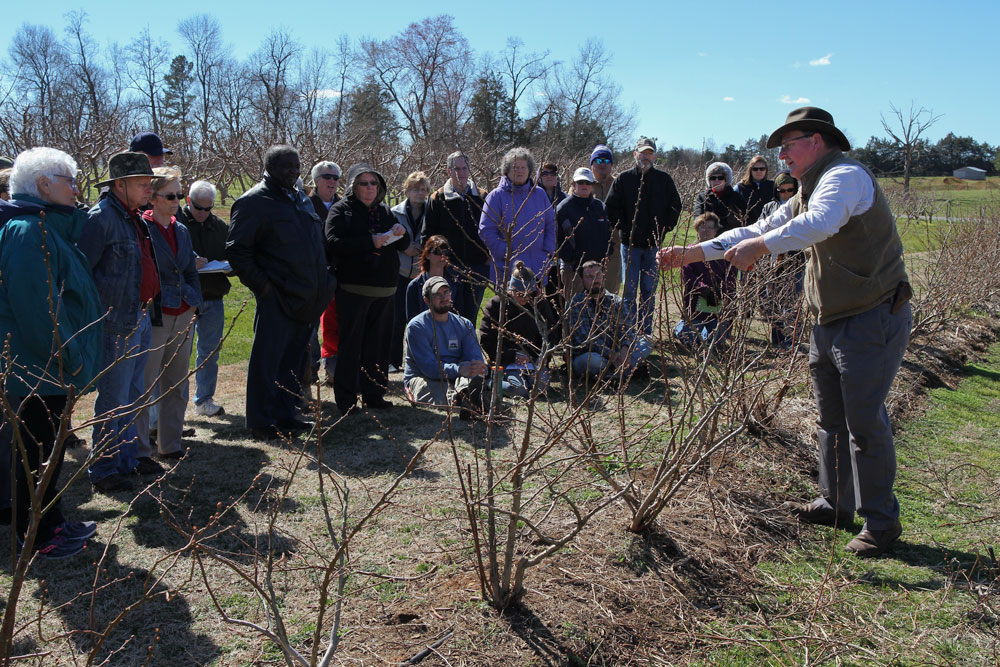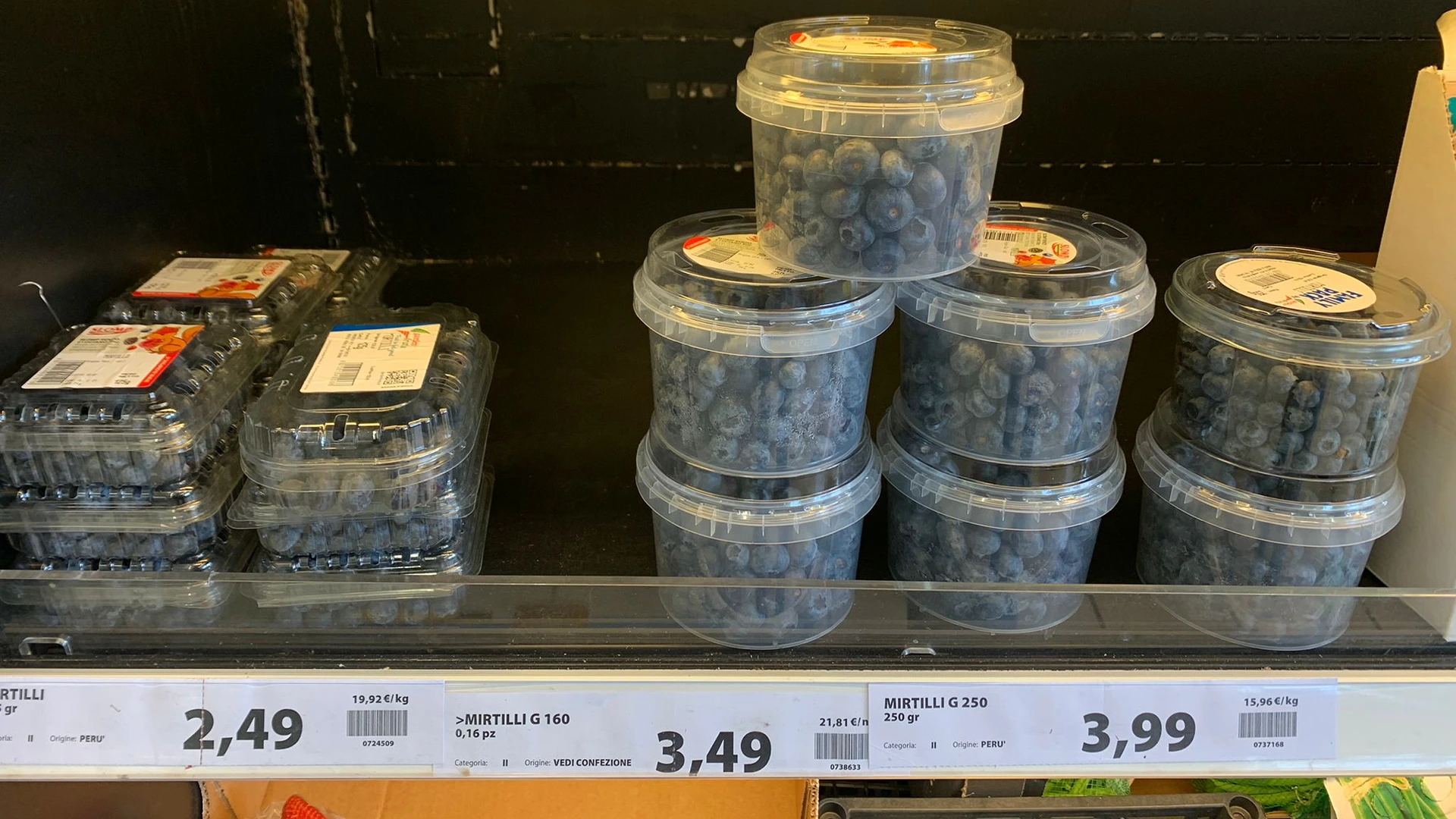The government is collaborating with 26 Seasons to expand the indoor growing system after a successful pilot.
The New Zealand government has allocated nearly NZ$1 million (US$630,000) for a new project with 26 Seasons to grow strawberries indoors. Unsprayed strawberries will be grown in 26 Seasons' proprietary growing system, with the goal of increasing the availability of the fruit in New Zealand.
"Strawberries are a staple of the Kiwi diet in summer, but many agree that our strawberry season is too short," said New Zealand Agriculture Minister Damien O'Connor. "We are working with 26 Seasons through Sustainable Food and Fibre Futures to identify the most cost-effective way to grow high-yielding out-of-season strawberries using a controlled environment growing system."

"We are committing more than NZ$920,000 over two years to this project through the fund managed by the Ministry of Primary Industries. The project will enable research to help increase production using 26 Seasons' proprietary cultivation system, which the company has successfully tested in a preliminary trial."
26 Seasons' indoor hydroponic system recycles water and uses movable vertical shelves and pulsing light, so it does not require pesticides or herbicides that are usually an essential part of large-scale strawberry production.


"26 Seasons is currently using this method to produce microgreens, and although controlled environment growing systems are already used worldwide, this is the first of its kind in New Zealand. We also believe it is one of the world's first examples of growing strawberries in this way."
O'Connor said 26 Seasons has already conducted a successful small-scale pilot experiment of 1,000 strawberry plants in downtown Wellington, with the help of a grant from Callaghan Innovation.
VIEW THIS POST ON INSTAGRAMA POST SHARED BY 26 SEASONS MICROGREENS & STRAWBERRIES (@26_SEASONS)
"The time is ripe for scaling up, and this new pilot project has just undergone a trial cultivation of 8,000 plants in a larger building in Foxton," O'Connor said. "This will be the first step toward 26 Seasons' goal of full commercialization, which would require between 60,000 and 200,000 plants per site."

The project aims to produce fruit with a flavor, appearance and size equivalent to conventionally grown, locally grown high season strawberries.
"The company aims to grow plants that will produce fruit for at least eight months of the year, with a commercial yield per plant," O'Connor said. "This project has the potential to benefit New Zealand's horticultural industry, both environmentally and economically."
Source:Fruitnet
Fruitnet is part of the NCX Media network.







